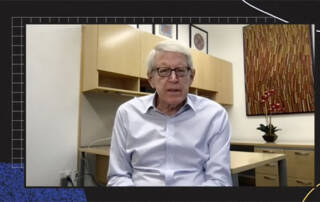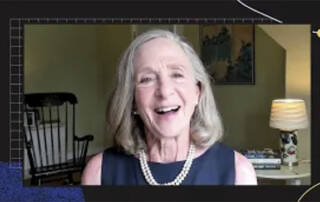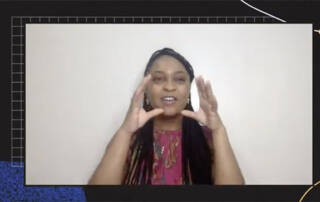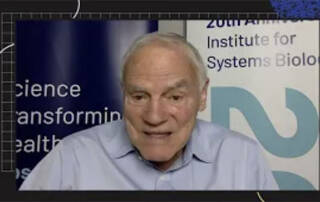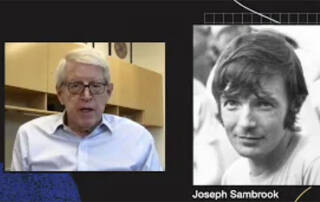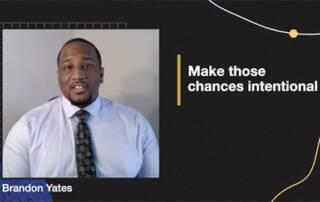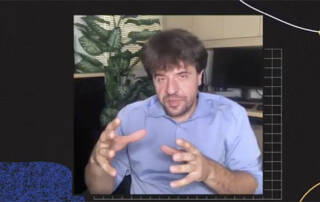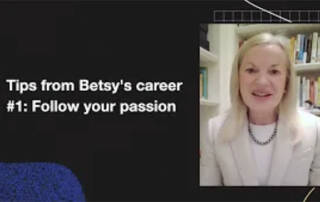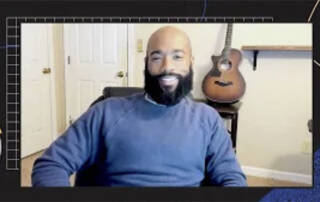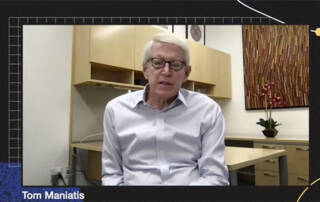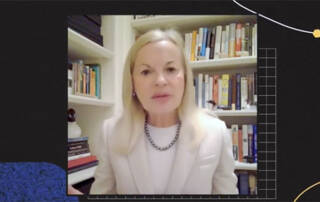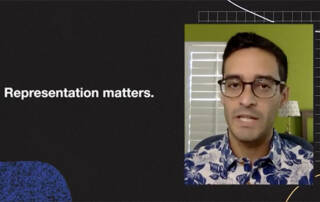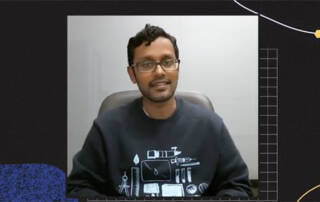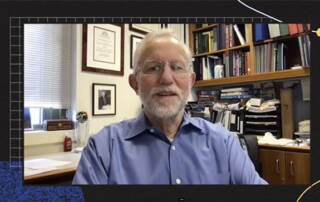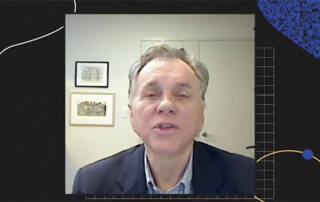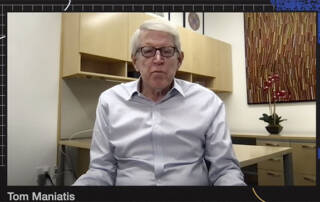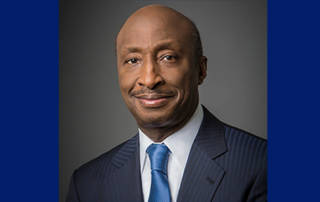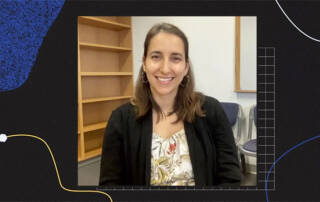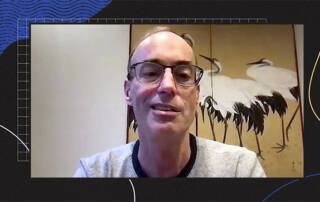Select a Date
Ask a Scientist: Karl Deisseroth on developing optogenetics
SEPT 21, 2022
Lasker Laureate Karl Deisseroth shares the hurdles that had to be overcome to establish optogenetics, a revolutionary neuroscience technique.
Ask a Scientist: Tom Maniatis on creating the first library of DNA
SEPT 20, 2022
Lasker Laureate Tom Maniatis explains how his lab made the first library of human genomic DNA and why they shared it with the scientific community.
Ask a Scientist: Susan Hockfield on the power of collaboration
SEPT 19, 2022
Susan Hockfield, the 16th president of MIT, tells us about the collaborations behind the MIT Energy Initiative.
Ask a Scientist: Paige Greenwood on the importance of diversity in science
SEPT 15, 2022
What do you imagine when you hear the word “scientist”? Paige Greenwood discusses the importance of representation, diversity, and inclusion in science.
Ask a Scientist: Leroy Hood on shifting paradigms in science
SEPT 6, 2022
When he started doing research in 1970, it became obvious to Lasker Laureate Leroy Hood that humans and their diseases were extremely complex. He set out to make technologies that would facilitate researching human disease.
Ask a Scientist: Tom Maniatis on the surprising impact of his molecular biology manual
SEPT 2, 2022
Why is it so important to share techniques? Lasker Laureate Tom Maniatis reflects.
Ask a Scientist: What role does serendipity play in science?
AUG 24, 2022
How do scientific breakthroughs happen? Sometimes it really is about being in the right place at the right time.
Ask a Scientist: If the hypothesis is wrong, is that a failure?
AUG 19, 2022
Students and Lasker Laureates talk about the importance of failed experiments.
Ask a Scientist: Elizabeth Nabel on seizing opportunities
AUG 12, 2022
Elizabeth Nabel, cardiologist, hospital president, NIH director and entrepreneur, shares her career path and gives advice on how to make the most of yours.
Ask a Scientist: How can scientists communicate with the public better?
AUG 5, 2022
What can scientists do to bring their work to the world?
Ask a Scientist: Why are clinical trials so complex?
AUG 4, 2022
Scientists explain why clinical trials are run the way they are.
Ask a Scientist: Why is diversity in clinical trials so important for patients?
AUG 3, 2022
Elizabeth Nabel discusses the critical need for diversity and inclusion in clinical trials.
Ask a Scientist: How can we encourage diversity in science?
AUG 2, 2022
Representation matters. Several scientists share ideas on how to encourage diversity in STEM fields.
Ask a Scientist: Why are clinical trials important?
JUNE 30, 2022
Several scientists explain the necessity of clinical trials.
Ask a Scientist: Charles Rice on growing hepatitis C virus
JULY 5, 2022
Lasker Laureate Charles Rice recounts his 25-year journey studying hepatitis C virus to develop a cure for hepatitis C infections.
Ask a Scientist: Barry Marshall on discovering that stomach ulcers are caused by bacteria
JUNE 30, 2022
People thought that stress or alcohol led to ulcers, but Lasker Laureate Marshall collected evidence to show the true cause.
Ask a Scientist: How has the relationship between academia and industry changed over time?
JUNE 29, 2022
Industry used to be considered “the dark side” while academia was characterized as “slow”. Find out how those views have changed and the ways in which industry and academia can come together.
Ken Frazier on His Career Path, Social Justice, and Making a Difference
June 21, 2022
Lasker Lessons in Leadership featured an interview with Ken Frazier, Executive Chairman of the Board and Former CEO of Merck & Co.
Ask a Scientist: What does failure in science mean?
JUNE 13, 2022
Scientists reflect on the meaning of failure in science.
Ask a Scientist: Ron Vale – What Motivates Me To Do Science
JUNE 13, 2022
There must be more to science than textbooks and memorizing facts. Ron Vale tells us why he loves being a scientist.

